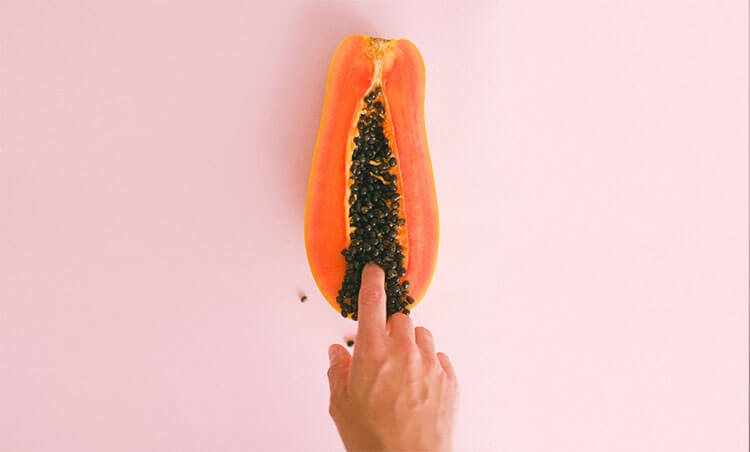Ask a sex coach
” I would love to learn how to increase female sensitivity. I’m in my late 20s, and I don’t feel anything internally. In comparison with my clit, my vagina feels numb.” – Karen
Dear Karen,
In the world where media and romantic novels often portray an idealized version of pleasure and sensitivity, it’s all too easy to assume that everyone else experiences immense pleasure from penetration.
Thinking this way might result in:
- feeling ashamed or not good enough
- tolerating sex that is not pleasurable
- being uncomfortable to share your experience (which only deepens your sense of shame and isolation)
It also can quickly turn into a vicious circle: the more ashamed and broken you feel >> the less likely you are to talk to somebody about it and seek out support >> the less likely you are to explore ways to feel more >> the more likely you are to tolerate sex that is not pleasurable without speaking up >> the more broken you feel.
I want you to know that regardless of how numb your vagina might feel, you are not broken and are certainly not alone.
As a matter of fact, many women struggle with not feeling much during intercourse.
Now that we are clear on that, let’s look into some possible reasons for your lack of internal sensations and what you can do to change that.
Let’s look closer into some of the contributing factors:
- Your Unique Makeup. Just like any other part of the body, vaginal sensitivity can be higher or lower depending on your unique constitution. Many women are much more sensitive internally during their ovulation than the rest of the month.
- Mental State. Emotions, such as stress, anxiety, fatigue, the echoes of past traumas, can contribute to feeling numb and mute your ability to perceive sensations in your pelvic floor. If, for example, you are able to feel sensation internally when self-pleasuring but not with a partner, it’s likely that the reasons for the numbness are psychological.
- Overall Health. Certain medical conditions and medications can affect your sensitivity. Conditions like vaginal atrophy or nerve damage, as well as many antidepressants, for instance, may lead to reduced sensation.
- Growing Older. Menopause-related hormonal changes, for example, can lead to decreased lubrication and thinning of the vaginal tissue, which can impact the ability to feel pleasure.
- Sexual Arousal and Stimulation. The level of sexual arousal and the type of sexual stimulation that works for you can significantly affect sensations./li>
And while there are many possible reasons for you to lack sexual sensation, what’s truly empowering is to understand that becoming more sensitive is within reach for anyone with enough commitment and practice.
Here is how you can increase female sensitivity and pleasure:
- Learn how to “get out of your head” and start really paying attention to your body (which, in this day and age, is easier said than done and requires dedication and practice.)
- Learn how to unapologetically accept and love your body (for many, it involves taking a good look and processing toxic conditioning and limiting beliefs that prevent you from feeling good about yourself.)
- Commit to having a consistent, non-goal-oriented, mindful, self-pleasure practice.
- Choose sexual partners who are caring and sensitive. In other words, partners that are attuned to you and the way your body responds to stimulation. It also means partners who do their inner work and are embodied and responsive.
- If you suspect that your lack of sensitivity is caused by a physical condition or medication, consider talking to a medical professional or a pelvic floor specialist
- In case of unprocessed sexual trauma, seek out a somatic trauma therapist.


